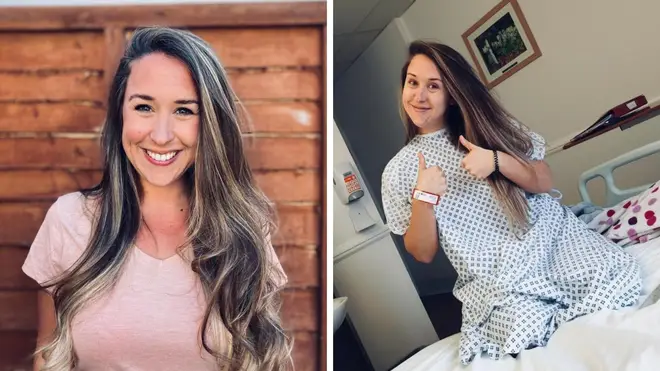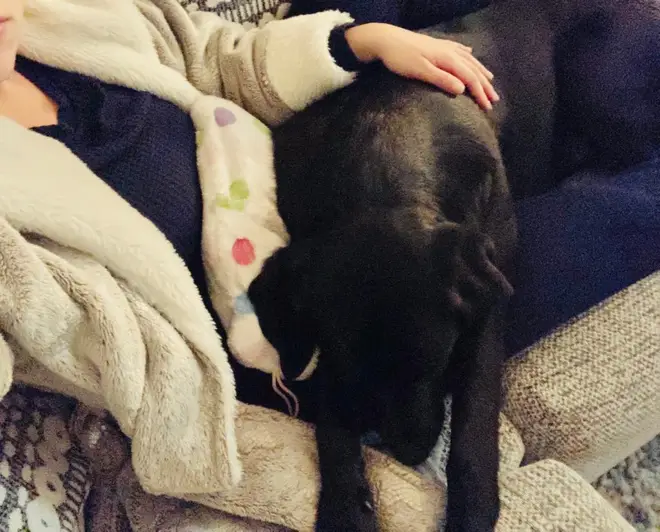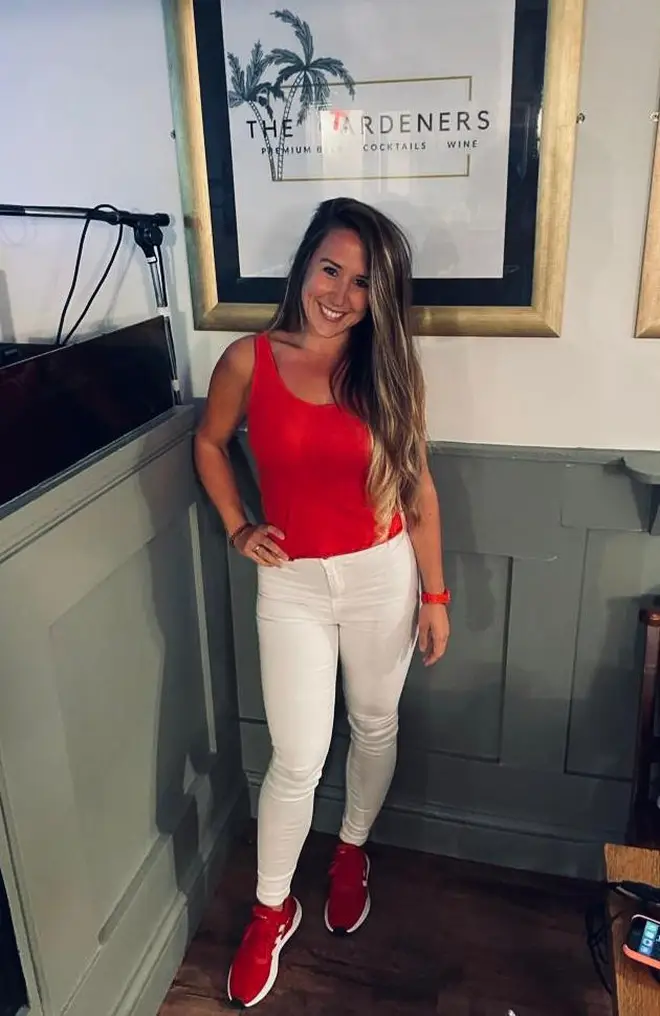
Matthew Wright 7am - 10am
9 February 2022, 17:56

LBC's reporter Charlotte Sullivan shares her endometriosis struggle
I saw my first gynaecologist at the age of 16.
I’d been referred as I was having terrible problems with my periods, but I was told at the time it was normal for teenage girls to experience issues like these and was prescribed the pill to “balance things out”.
Fast forward nine years and I was being rushed to A&E with suspected appendicitis.
I’d spent those nine years going to various doctors, complaining of excruciating pain, fatigue and digestive issues. It was all put down to IBS (irritable bowel syndrome). I was told there was nothing that could be done. I had to live with it.
However, when I was eventually rushed to hospital because I couldn’t stand up straight with pain (again) - it turns out it wasn’t appendicitis at all.
Read more: Researcher who lost chef career to endometriosis explains condition

I’d never heard of endometriosis before that day. I didn’t know what it was and I didn’t know that my symptoms, that I’d had for all these years, were classic red flags for this chronic condition.
Since then I’ve had four operations... laparoscopies that some of us with Endo refer to as MOTs. They don’t cure endometriosis but they burn away what’s there to try and alleviate some of the pain, however the growing cycle for the endometriosis itself, then starts again.
I’ve also been through chemical menopause five times, which, in itself, comes with awful side effects and I’ve been on the pill (sometimes three a day), the Mirena coil and various other drugs and pain relief constantly for years.
But that’s it... that is the treatment. Even though one in 10 women in the UK suffer with this chronic painful condition, there is no cure and the cause is still unknown.
Read more: Met to reassess No10 Xmas quiz after photo of Boris near open bottle of bubbly emerges

Diagnosis on average is eight years and I strongly believe more must be done to change this. We need to be talking about it, raising awareness, researching and we must be taught about this in school, so that we can be aware of the symptoms from an early age – to either help ourselves or understand how to support others.
That’s an important part of this too. Understanding. Those of us with endo often face difficulties, even with family and friends, who simply don’t understand our situation. Why can’t we come out? Why are we so tired AGAIN? Another operation? I thought you’d HAD an operation last year? Why are you carrying a hot water bottle around? And – my personal pet peeve - why haven’t you had children yet?

Endometriosis impacts life in every way and every woman will have varying degrees of how much they’re able to cope with. It’s sometimes difficult balancing life alongside crippling pain, the chronic fatigue often described as “endo fog”, the operations and the side effects of all the treatments.
For some, they’re bed bound while for others, they manage the flare ups and try to get on as best they can. We live with it daily. It never goes away. It’s the friend you never invited over who just won’t leave.
But I’m hopeful that the more we talk about, the better the outlook for those with endometriosis and importantly, the more people will realise that any pain that stops you from carrying out day to day activities, is just NOT normal.
We shouldn’t have to just “get on with it”. It’s why I talk about it now. I didn’t used to, I was embarrassed. But if I don’t speak out and others don’t, then the next generation will be as unaware as we were... and that isn’t the way forward.